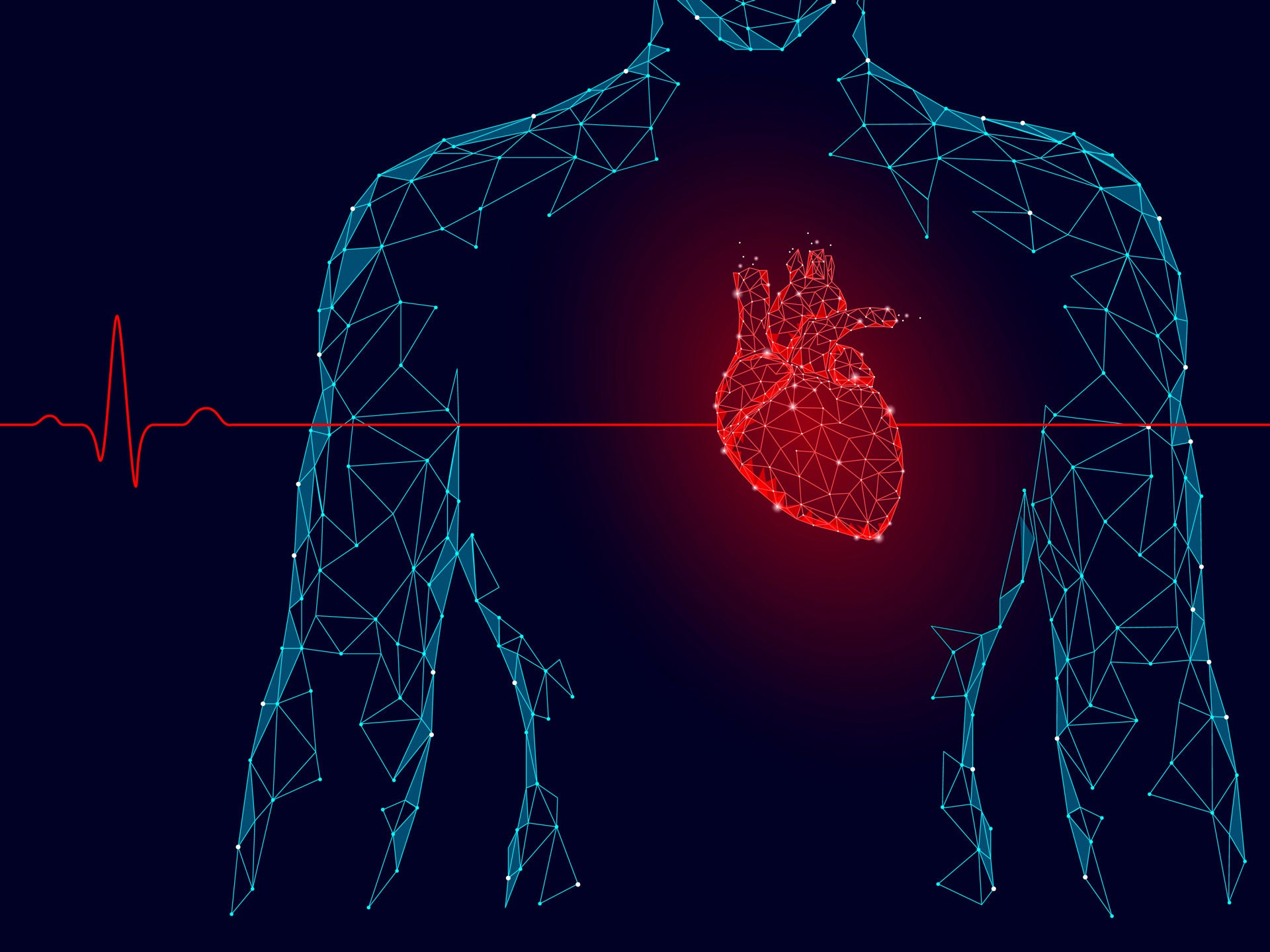
The future treatment of heart attacks could see doctors deploying gene therapy treatments that deactivate key genes, thanks to research underway at the University of Sheffield.
Researchers at the university, which has been awarded £800,000 from the British Heart Foundation to conduct the project, are working on developing a drug to deactivate the gene that is key to the development of cardiovascular disease (CVD).
“We will be identifying a drug to target a gene which contributes to the build-up of fatty material in the arteries,” explained Professor Paul Evans, from the University of Sheffield’s Department of Infection, Immunity and Cardiovascular Disease (IICD), who is leading the project.
“Switching this gene ‘off’ will make the arteries in the heart less ‘leaky’, preventing cholesterol from building up and causing blockages which present as heart attacks and stroke.”
“Atherosclerosis, where there’s a build-up of fatty substances in the blood vessels, is an underlying cause of life-threatening conditions such as heart attacks and strokes,” added Professor Jeremy Pearson, associate medical director at the British Heart Foundation.
“We know that variations in our genes play a part in the development of atherosclerosis, so if these genes can be ‘switched off’, many lives could be saved from heart and circulatory diseases.”
How well do you really know your competitors?
Access the most comprehensive Company Profiles on the market, powered by GlobalData. Save hours of research. Gain competitive edge.

Thank you!
Your download email will arrive shortly
Not ready to buy yet? Download a free sample
We are confident about the unique quality of our Company Profiles. However, we want you to make the most beneficial decision for your business, so we offer a free sample that you can download by submitting the below form
By GlobalDataUsing gene therapy to combat heart attacks
Gene therapy is an emerging field within medicine that is often characterised as one of the most high-potential areas for future healthcare.
The first gene therapy drug to enter the market only gained approval in 2017, making it a very young field, and one where there is still considerable potential for development.
Treating heart attacks and other CVDs with gene therapy remains a very novel concept, requiring considerable cross-disciplinary skills to explore.
As a result, Evans’ team is collaborating with IICD and gene specialists in the Department of Neuroscience, as well as colleagues at other institutions, both nationally and internationally.
“We are partnering with many organisations known for their research excellence, including scientists at the Georgia Institute of Technology in the USA who will contribute their expertise and technology to process and develop the resulting gene therapy,” said Evans.
Read more: A groundbreaking gene therapy is offering hope for a haemophilia cure







